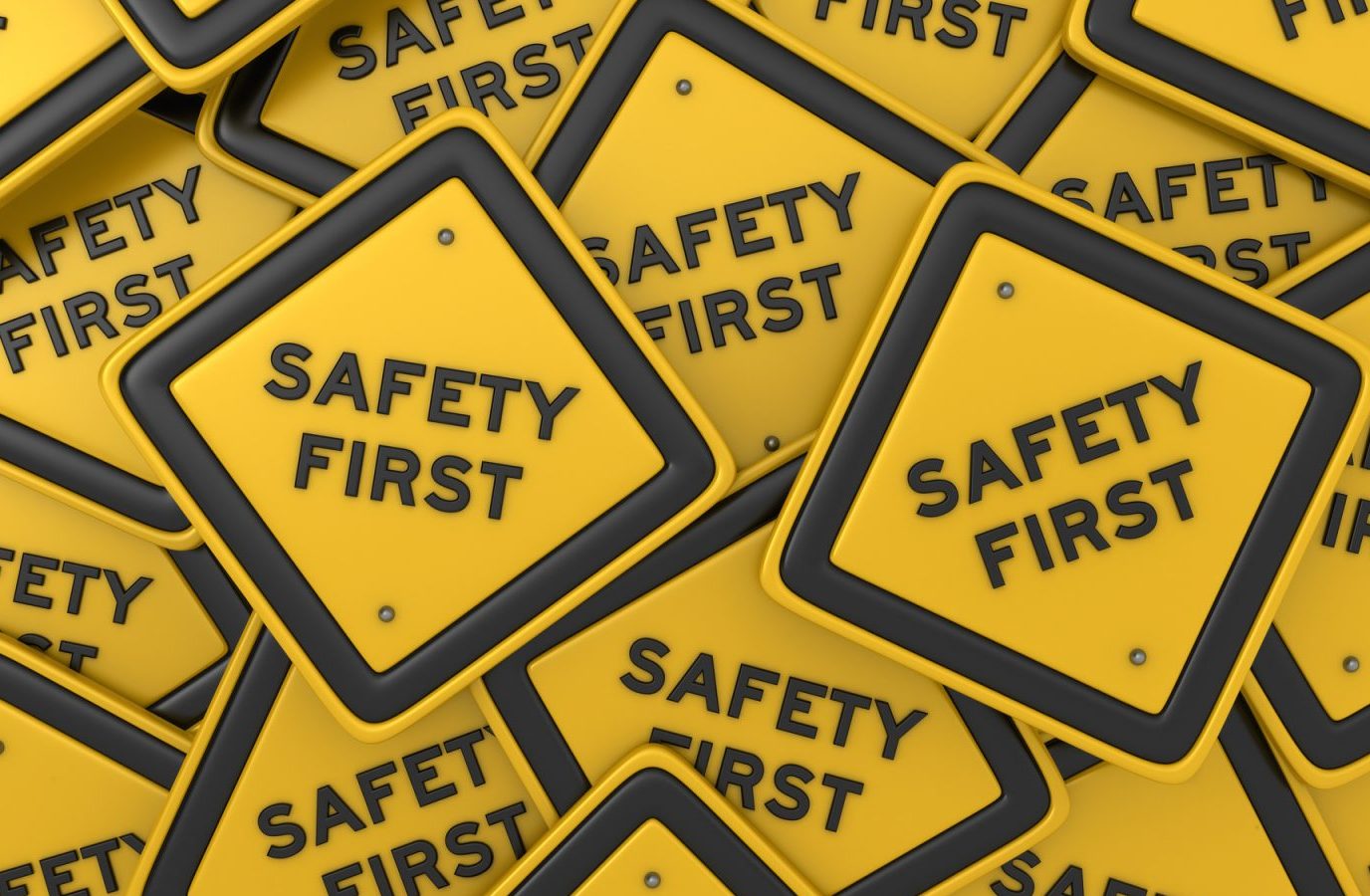According to one research medical flight services run by for-profit organizations had seen, on average, 7 to 8 crashes a year between 1998 and 2012. Of these mishaps, the biggest contributors were those organizations that ran the most medical flights. This raised serious concerns about the safety norms followed by the industry and several studies and investigations were performed simultaneously to make the skies safer for the crew and the patients. The result was some startling revelations. It was seen that the crew was pressured to make as many flights as possible in a day to maintain the profitability of the organizations that they worked for.
What Were the Medical Flight Services Doing?
It was seen that medical flight services were taking orders for new rescue missions even during an ongoing mission. This caused unnecessary operational chaos and instilled a sense of urgency among the crew members. Moreover, it was seen that ground ambulance paramedics were being hired by medical flight services too. This was causing a conflict of interest, wherein the possibility of the paramedics contacting their favored service providers was high. It was also found that some so-called rescues were actually unnecessary as they did not provide any advantage over the ground transportation.
New Safety Laws were Passed
The medical flight industry was subjected to intense scrutiny. Certain safeguards such as maximum permissible hours of work for crew members and laws concerning visibility were put in place. The aging aircrafts had to be replaced by new and safer ones. Upgrades with respect to technology were also made compulsory in certain areas. Better weather reporting and aids for in-flight decision-making were put in place. It can be stated, with confidence, today, that medical flight services are safer and more efficient. The industry and the patients that it serves have benefitted immensely from these developments.


